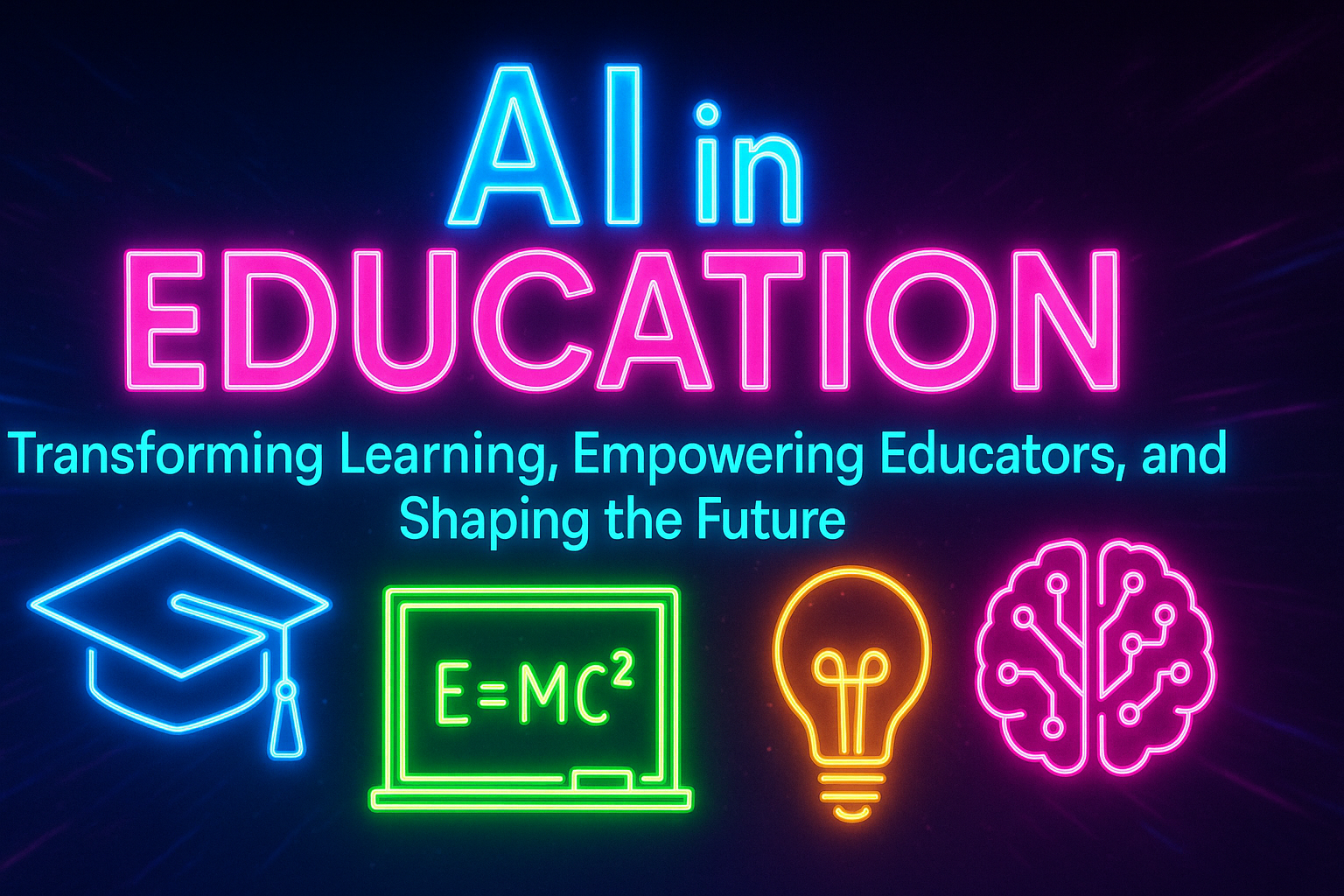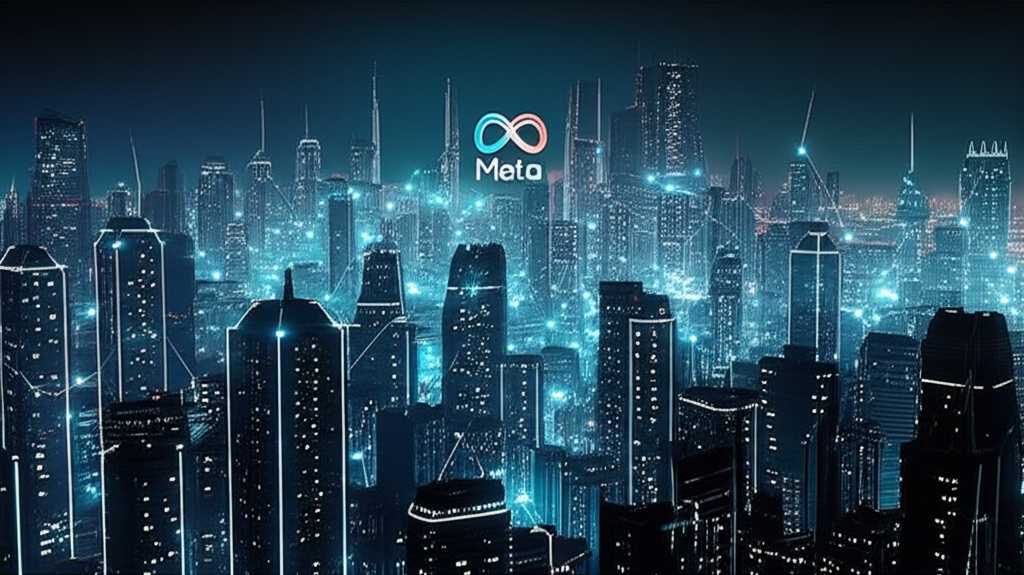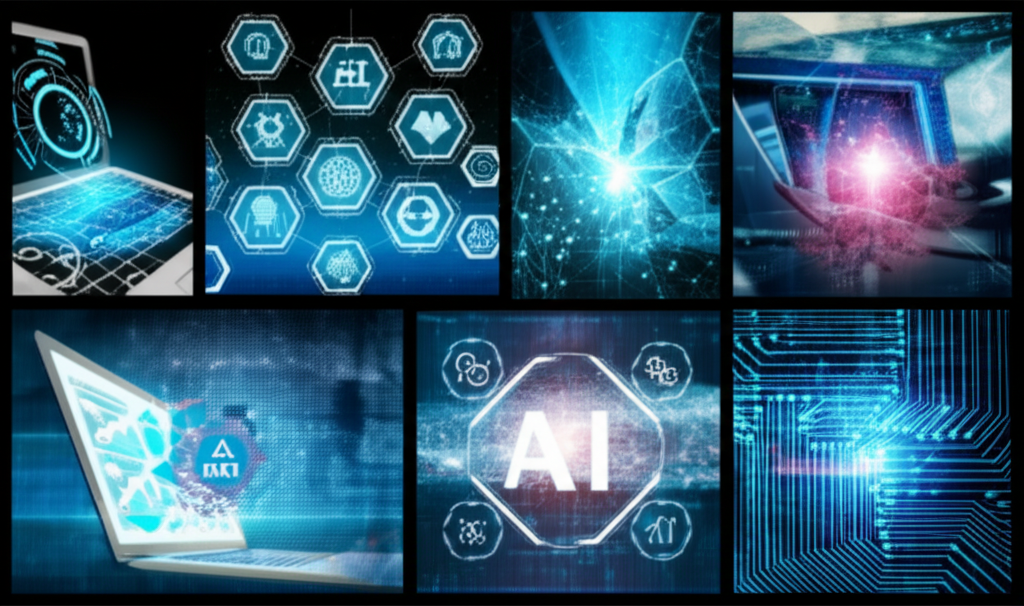The Rise of AI in Education: From Hype to Practical Help
Artificial intelligence (AI), at its core, involves creating computer systems capable of performing tasks that typically require human intelligence. In education, this translates to AI systems that can personalize learning experiences, automate administrative tasks, provide intelligent tutoring, and even assess student performance. These capabilities are driving significant changes in how educators teach and how students learn.
Several factors have converged to fuel the rise of AI in education. Increased data availability, generated by online learning platforms and digital educational resources, provides the raw material for AI algorithms to learn and improve. Simultaneously, advances in machine learning, particularly deep learning, have led to more sophisticated and accurate AI models. Finally, the decreasing cost of computing power makes it more feasible for educational institutions to deploy and maintain AI-powered solutions. All this addresses the question: What is artificial intelligence in education? It is the application of these advanced technologies to enhance and transform the educational landscape.
Initially, the introduction of AI in education was met with skepticism. Concerns about data privacy, algorithmic bias, and the potential for dehumanizing the learning process were prevalent. However, the narrative is shifting. As AI tools become more refined and transparent, and as educators gain a better understanding of their potential benefits, a sense of cautious optimism is emerging. The focus is now on how to integrate AI thoughtfully and ethically to augment, rather than replace, human teachers and create more effective and equitable learning environments. For example, tools like ChatGPT are being explored for tasks like generating practice questions and providing personalized feedback, while platforms like Coursera are leveraging AI to personalize learning pathways. The key is to harness the power of AI to enhance the human element of education, fostering a more engaging and effective learning experience for all students.
Unlocking Personalized Learning: How AI Adapts to Every Student
The promise of personalized learning, once a distant dream, is rapidly becoming a reality thanks to advancements in artificial intelligence. But how does AI personalize learning for students? The answer lies in its ability to analyze vast amounts of data and adapt learning paths to individual student needs, preferences, and learning styles. This tailored approach marks a significant departure from the traditional one-size-fits-all model of education.
Adaptive learning platforms are at the forefront of this revolution. These platforms leverage AI algorithms to assess a student's current knowledge level, identify areas of strength and weakness, and then dynamically adjust the difficulty and content of the learning materials. This ensures that students are constantly challenged but not overwhelmed, fostering a more engaging and effective learning experience. The impact on student engagement is profound, as learners are more likely to remain motivated when the material is relevant and appropriately paced.
Several AI tools are now available to personalize content delivery. For example, Khan Academy uses AI to provide personalized practice exercises and recommendations. Another example is the use of AI-powered tutoring systems that offer customized feedback and guidance to students as they work through problems. These systems can even adapt the learning environment to suit individual preferences, such as preferred learning styles or preferred methods of interaction.
Furthermore, AI excels at identifying learning gaps that might otherwise go unnoticed. By continuously monitoring student performance, AI algorithms can pinpoint specific concepts or skills that a student is struggling with. This allows educators to provide targeted support and interventions, addressing the root causes of learning difficulties rather than simply treating the symptoms. This proactive approach can prevent students from falling behind and ensure that they receive the individualized attention they need to succeed. The ability of AI to analyze student data and generate actionable insights empowers educators to make data-driven decisions and create truly personalized learning experiences for every student.
Empowering Educators: AI as a Time-Saving and Efficiency-Boosting Tool
What are the benefits of AI for teachers? The answer lies in AI's ability to shoulder many of the time-consuming administrative and assessment tasks that often overwhelm educators. Imagine a world where teachers can dedicate more time to lesson planning, student interaction, and personalized learning, and less time to grading papers. This is the promise of AI in education.
AI tools are rapidly evolving to automate tasks such as grading assignments, providing feedback, and managing administrative duties. For example, AI-powered essay grading tools can analyze student writing for grammar, style, and content, providing scores and even suggesting areas for improvement. Similarly, automated quiz generation tools can quickly create assessments tailored to specific learning objectives, freeing up teachers from hours of manual test creation. One example of such a tool is Quizizz.
While the prospect of automated grading is exciting, it's important to address concerns about accuracy and fairness. AI algorithms are trained on data, and biases in that data can lead to unfair or inaccurate assessments. It is therefore crucial that educators carefully evaluate and validate the results of AI grading systems, ensuring that they align with their own pedagogical expertise and judgment. It's also essential to use these tools as aids, not replacements, for human assessment, ensuring that qualitative aspects of student work are considered. Consider Gradescope for this task.
By automating repetitive tasks, AI empowers educators to reallocate their time and energy to more impactful activities. They can spend more time providing individualized support to students, developing innovative teaching strategies, and fostering a more engaging and enriching learning environment. Furthermore, AI can help teachers track student progress and identify areas where students may be struggling, allowing them to intervene early and provide targeted support. While some tools may have limitations, Khan Academy is a great resource for personalized learning.
Ultimately, the integration of AI in education holds immense potential to transform the teaching profession, making it more efficient, effective, and rewarding. By embracing these technologies thoughtfully and responsibly, educators can harness the power of AI to create a brighter future for themselves and their students.
AI for Inclusive Education: Bridging Gaps and Supporting Diverse Learners
AI is revolutionizing education, and its potential to foster inclusive learning environments is particularly exciting. How can AI help students with disabilities? The answer lies in its capacity to personalize learning experiences and provide targeted support that addresses individual needs.
For students with disabilities, AI-powered assistive technologies are proving transformative. Speech-to-text software allows students with motor impairments or dyslexia to express their thoughts and ideas more easily, while text-to-speech tools enable students with visual impairments or reading difficulties to access written materials. These technologies empower students to participate more fully in the learning process.
Beyond these core assistive technologies, several AI tools offer personalized support for students with learning differences. For example, ChatGPT can be used to generate summaries of complex texts, provide explanations of difficult concepts, or even offer personalized writing feedback. AI-driven platforms can also adapt to a student's individual learning style and pace, providing customized exercises and activities that reinforce key skills.
AI also has the potential to bridge achievement gaps for disadvantaged students. By analyzing student data, AI algorithms can identify students who are struggling and provide targeted interventions. These interventions may include personalized tutoring, adaptive learning platforms, or access to additional resources. Furthermore, AI can help teachers differentiate instruction and provide individualized support to students from diverse backgrounds. By leveraging the power of AI, educators can create more equitable and inclusive learning environments where all students have the opportunity to succeed.
Revolutionizing Curriculum: AI-Driven Insights for Engaging Content
AI is rapidly transforming numerous sectors, and education is no exception. One of the most promising applications lies in revolutionizing curriculum design and content creation. The question of how is AI changing curriculum development? is being answered in real-time as educators and developers collaborate to integrate AI-driven insights.
AI algorithms can analyze vast amounts of learning data, identifying patterns in student performance and engagement. This analysis allows educators to pinpoint effective teaching strategies and areas where the curriculum might need adjustments. For instance, AI can reveal that a particular concept is consistently challenging for students or that a specific type of activity consistently leads to higher engagement. This data-driven approach enables the creation of more effective and relevant learning experiences.
Several AI tools are emerging to assist teachers in crafting engaging lesson plans. These tools can suggest relevant resources, generate interactive activities, and even create personalized learning pathways for individual students. While I cannot provide specific examples without potentially misrepresenting available tools (always check our directory!), the potential is clear: AI can free up teachers' time, allowing them to focus on individual student needs and foster deeper learning. I should use the findInternalToolLink tool if I mention a specific tool.
Furthermore, AI can play a crucial role in personalizing curriculum for diverse student populations. By analyzing student learning styles, strengths, and weaknesses, AI can help tailor content to individual needs. This personalized approach can be particularly beneficial for students with learning disabilities or those who require accelerated learning opportunities. AI can also assist in translating curriculum into different languages or adapting content to reflect diverse cultural backgrounds, promoting inclusivity and accessibility in education. For example, Duolingo tailors language learning to the individual.
In conclusion, AI offers immense potential for enhancing curriculum design and content creation. By leveraging AI-driven insights, educators can create more engaging, relevant, and personalized learning experiences for all students. As AI technology continues to evolve, its impact on education will only continue to grow.
Navigating the Ethical Landscape: Responsible AI Implementation in Education
Navigating the use of AI in education requires careful consideration of the ethical landscape. The integration of AI tools presents unprecedented opportunities, but also introduces complex challenges that must be addressed proactively. What are the ethical considerations of AI in education? This is a question educators, policymakers, and developers must grapple with to ensure responsible implementation.
Data Privacy and Security: The cornerstone of ethical AI in education is safeguarding student data. AI systems often require access to sensitive information, including academic records, learning behaviors, and personal details. Robust data privacy policies and security measures are essential to prevent unauthorized access, misuse, or breaches. Anonymization techniques and secure data storage are critical components of a responsible AI ecosystem.
Algorithmic Bias: AI algorithms are trained on data, and if that data reflects existing societal biases, the algorithms can perpetuate and even amplify those biases. In education, this could lead to unfair or discriminatory outcomes for certain student groups. For example, an AI-powered assessment tool trained on a biased dataset might unfairly penalize students from underrepresented backgrounds. Mitigating algorithmic bias requires careful data curation, diverse training datasets, and ongoing monitoring for fairness and equity. Transparency in the algorithm's design and functionality is also key to identifying and addressing potential biases. Tools like Gemini can be helpful in analyzing data for bias, but they are not a complete solution.
Ethical Decision-Making: AI is increasingly used to personalize learning paths, provide feedback, and even make decisions about student placement. However, relying solely on AI for these critical decisions raises ethical concerns. Human oversight is essential to ensure that AI recommendations are fair, appropriate, and aligned with the student's best interests. Educators should use AI as a tool to augment their judgment, not replace it entirely.
Transparency and Accountability: Transparency in AI systems is crucial for building trust and ensuring accountability. Educators and students should understand how AI tools work, what data they use, and how they arrive at their conclusions. Accountability mechanisms are needed to address errors, biases, or unintended consequences of AI implementation. This includes establishing clear lines of responsibility and providing avenues for redress when AI systems cause harm. For example, if ChatGPT provides incorrect or misleading information, there needs to be a process for reporting and correcting the error. Similarly, the use of AI-driven grading systems necessitates transparent evaluation criteria and opportunities for students to appeal their grades. Transparency and accountability are not just best practices; they are fundamental requirements for the ethical use of AI in education. Ignoring these considerations risks undermining the integrity of the educational process and eroding trust in AI technologies.
The Human Element: Preparing Educators for the Age of AI
The integration of AI in education necessitates a significant shift in how we prepare our educators. Teacher training and professional development are no longer optional; they are critical components of a successful AI-driven learning environment.
How can teachers be trained to use AI effectively? The answer lies in comprehensive programs that equip educators with the skills and knowledge to leverage AI tools to their full potential. This includes understanding the capabilities and limitations of different AI applications, such as ChatGPT, and learning how to integrate them seamlessly into their existing curricula. Practical workshops, hands-on experience with AI platforms, and exploration of AI-driven assessment methods are all essential elements of effective training.
Beyond initial training, ongoing support and mentorship are crucial. AI is a rapidly evolving field, and educators need access to continuous professional development opportunities to stay abreast of the latest advancements. This could involve online courses, webinars, peer-to-peer learning communities, and access to expert guidance. Creating a supportive network where teachers can share best practices, troubleshoot challenges, and learn from each other's experiences is paramount.
It's important to remember that AI is a tool, and the human teacher remains the guiding force in the classroom. AI can automate administrative tasks, personalize learning experiences, and provide valuable data insights, but it cannot replace the empathy, creativity, and critical thinking skills that human educators bring to the table. The role of the teacher evolves to become that of a facilitator, mentor, and guide, helping students navigate the complexities of an AI-driven world, fostering critical thinking, and promoting ethical considerations in the use of AI. The focus shifts towards nurturing uniquely human skills – collaboration, communication, emotional intelligence – that AI cannot replicate, ensuring that students are well-prepared for the future of work and life.
The Future is Intelligent: Emerging Trends and Long-Term Impact of AI in Education
The landscape of education is on the cusp of a revolution, fueled by the rapid advancements in artificial intelligence. What is the future of AI in education? It's a future where learning is deeply personalized, accessible, and more effective than ever before.
Imagine AI-powered learning companions that understand each student's unique learning style and pace. These virtual tutors can provide tailored guidance, answer questions, and offer encouragement, acting as a constant support system throughout the learning journey. Tools like Khanmigo are already demonstrating the potential of this approach.
Furthermore, AI is transforming how we assess student progress. Personalized feedback and assessment tools, powered by AI, can analyze student work in detail, identifying areas of strength and weakness. This allows educators to provide targeted support and interventions, ensuring that no student is left behind. Instead of relying solely on traditional exams, AI can provide a more holistic and continuous assessment of learning.
AI also holds immense promise for driving research and development in education. By analyzing vast datasets of student performance and learning patterns, AI can help researchers identify effective teaching strategies and develop new educational resources. This data-driven approach can lead to breakthroughs in our understanding of how people learn and how we can best support their educational growth.
The long-term impact of AI on the future of teaching and learning is profound. While AI will undoubtedly automate some tasks currently performed by educators, its primary role will be to augment and enhance the human element of teaching. Teachers will be able to focus on building relationships with students, fostering creativity, and developing critical thinking skills. AI will handle the more repetitive and administrative tasks, freeing up educators to focus on what they do best: inspiring and empowering the next generation of learners. The integration of tools such as Quizizz and Grammarly into educational workflows shows how AI can support both students and educators in achieving better outcomes.
AI and Education: A Partnership for Progress
AI's integration into education presents both exciting opportunities and critical challenges. On one hand, AI offers the potential for personalized learning experiences, automated administrative tasks, and enhanced accessibility for students with diverse needs. Imagine AI-powered tutoring systems that adapt to each student's learning style and pace, or automated grading tools that free up educators' time to focus on individual student support. Tools like Khanmigo are already exploring these possibilities.
However, alongside these benefits come concerns about data privacy, algorithmic bias, and the potential for over-reliance on technology. Ensuring equitable access to AI-powered educational resources is also paramount, as is addressing the digital divide that could exacerbate existing inequalities. How can AI transform education if only some students have access?
Responsible and ethical implementation is therefore crucial. Educators, policymakers, and developers must work together to establish clear guidelines and standards that prioritize student well-being, data security, and fairness. This includes ongoing monitoring and evaluation of AI systems to identify and mitigate potential biases and unintended consequences.
We encourage educators to embrace AI as a powerful tool to enhance teaching and learning, not replace it. By thoughtfully integrating AI into the classroom, educators can unlock new possibilities for engaging students, fostering critical thinking skills, and preparing them for the future workforce. Consider exploring tools like Quizlet to see how AI can augment existing teaching methods.
Further research and development in AI education are essential to fully realize its potential. We need to invest in understanding how AI can best support diverse learners, promote effective pedagogy, and address the ethical considerations that arise. By fostering collaboration between researchers, educators, and developers, we can pave the way for a future where AI empowers all students to succeed.
The journey of integrating AI into education is just beginning. By approaching this transformation with careful consideration, ethical awareness, and a commitment to continuous improvement, we can harness the power of AI to create a more equitable, effective, and engaging learning experience for all.
Keywords: AI in education, artificial intelligence in education, personalized learning, AI learning tools, AI education platforms, adaptive learning, AI for teachers, AI and student outcomes, ethical AI in education, AI-powered assessment, future of AI in education, AI in special education, AI curriculum design, AI learning analytics
Hashtags: #AIinEducation #EdTech #PersonalizedLearning #FutureofEducation #ArtificialIntelligence
For more AI insights and tool reviews, visit our website www.best-ai-tools.org, and follow us on our social media channels!
X (Twitter): https://x.com/bitautor36935Instagram: https://www.instagram.com/bestaitoolsorg/Facebook: https://www.facebook.com/profile.php?id=61577063078524LinkedIn: https://www.linkedin.com/company/best-ai-tools-orgYouTube: https://www.youtube.com/@BitAutorMedium: https://medium.com/@bitautor.deTelegram: https://t.me/+CxjZuXLf9OEzNjMyReddit: https://www.reddit.com/r/BestAIToolsORG/



